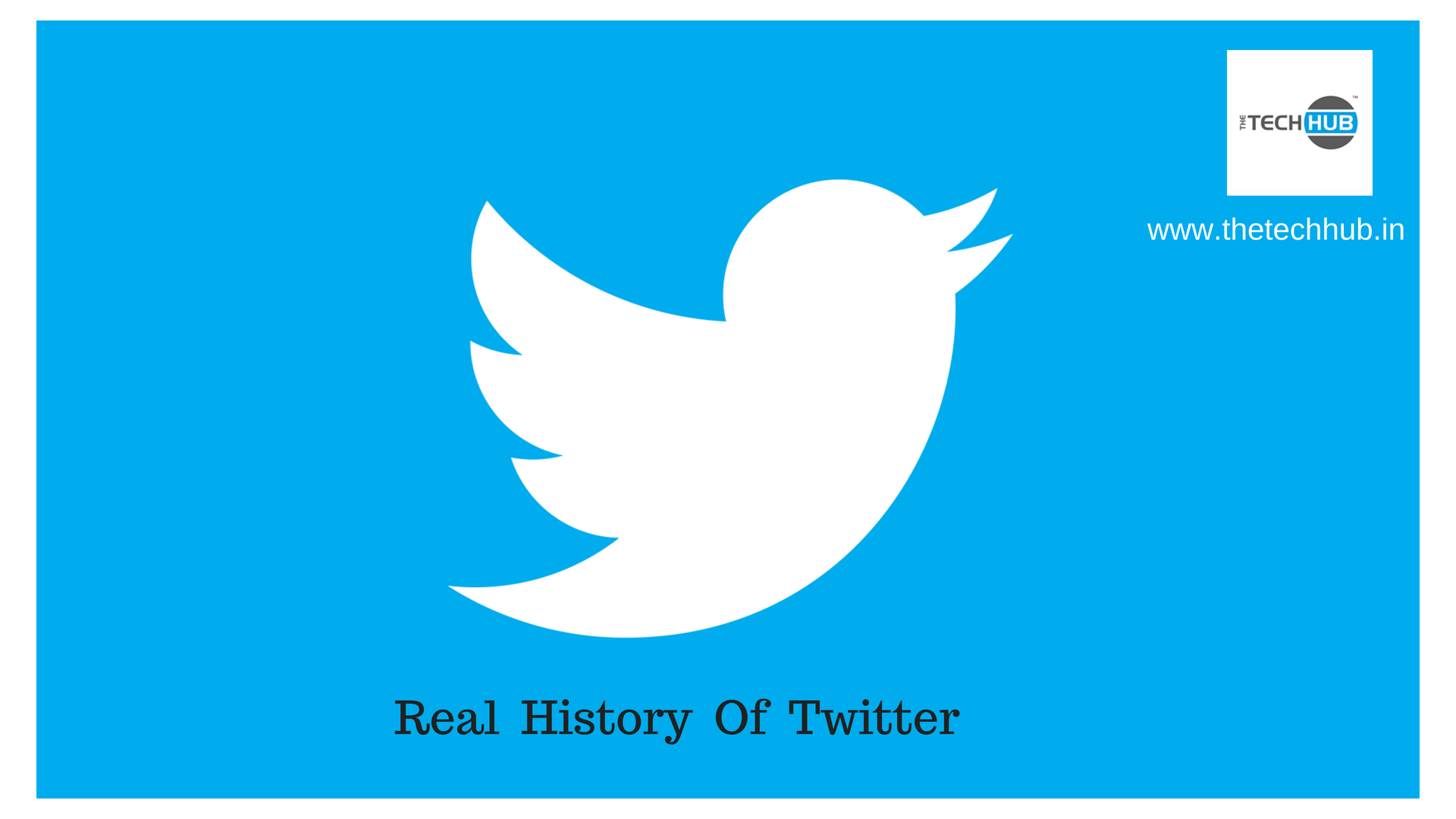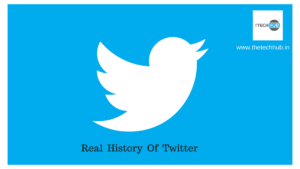
Best And Real History of Twitter, In Brief.

Best Real History of Twitter, In Brief
How the micro-Blogging wars were won.
Imagine a scenario where you’re gainfully employed but spending your nights and weekends working on a side project. It’s just something you’ve been mashing together in your free time with a few friends at work.
Now, pretend to visit yourself five years into the future and see that your little side project turned into one of the biggest communications technologies of the last 100 years.This is the history of Twitter.
Twitter began as an idea that Twitter co-founder Jack Dorsey (@Jack) had in 2006. Dorsey had originally imagined Twitter as an SMS-based communications platform. Groups of friends could keep tabs on what each other were doing based on their status updates. Like texting, but not.
During a brainstorming session at the podcasting company Odeo. Jack Dorsey proposed this SMS based platform to Odeo’s co-founder Evan Williams (@Ev). Evan, and his co-founder Biz Stone (@Biz) by extension, gave Jack the go-ahead to spend more time on the project and develop it further.
In its early days, Twitter was referred to as “twttr”. At the time, a popular trend, sometimes to gain domain name advantage, was to drop vowels in the name of their companies and services. Software developer Noah Glass (@Noah) is credited with coming up with the original name twttr as well as its final incarnation as Twitter.
To recap, some of the key early players in Twitter’s history are Jack Dorsey, Noah Glass, Biz Stone and Evan Williams. Many would agree that’s also the appropriate order of involvement.
The First Tweet
Jack sent the first message on Twitter on March 21, 2006, 9:50pm. It read, “just setting up my twttr”.
During the development of Twitter, team members would often rack up hundreds of dollars in SMS charges to their personal phone bills.
While the initial concept of Twitter was being tested at Odeo, the company was going through a rough patch. Faced with the brutal reality that Apple had just released its own podcasting platform which essentially killed Odeo’s business model, the founders decided to buy their company back from the investors.
Jack Dorsey, Biz Stone, Evan Williams and other members of Odeo staff facilitated the buyback.
By doing this, they acquired the rights to the Twitter platform. There is some controversy surrounding how this all took place. It’s questionable whether Odeo investors knew the full scope of the Twitter platform.
Also, key members of the Twitter development team were not brought on to the new company, most notably, Noah Glass.
Twitter Achieves Explosive Growth
Twitter was now on the cusp of its biggest growth spurt. The 2007 South By Southwest (@sxsw) Interactive conference saw a huge explosion of Twitter usage. More than 60 thousand Tweets were sent per day at the event. The Twitter team had a huge presence at the event and took advantage of the viral nature of the conference and its attendees.
Is It A 140 Character Limit or 280 Character Limit?
At one point, you may have questioned why you can only Tweet 280 characters.
The reason for such a specific limitation is that Twitter was originally designed as an SMS mobile phone-based platform. In its early days, 140 characters were the limit that mobile carriers imposed with SMS protocol standard so Twitter was simply creatively constrained. As Twitter eventually grew into a web platform, the 140-character limit remained as a matter of branding.
In 2017, however, Twitter decided that the 140-character limit was no longer relevant in the smartphone age and it increased the tweet limit to 280 characters over minor protestations. Most tweets, the company explained, hover around 50 characters; when people needed more characters, they simply sent more tweets. The character increase was designed to help Twitter users spend less time condensing their thoughts and more time talking.
User Innovation on Twitter
As Twitter’s user base started growing, a funny thing started to happen. Users were creating new jargon and different ways to use the service. Think of it as innovation born out of necessity.
Users started to add RT before sending the message, signaling to their followers that the following tweet was a report. In August 2010, this functionality was officially added to the platform.In six years, Twitters’ user base has grown to over 200 million active monthly users. And in March 2013, Jack and Biz were awarded the patent they applied for way back in 2007 that secures the entire Twitter ecosystem.